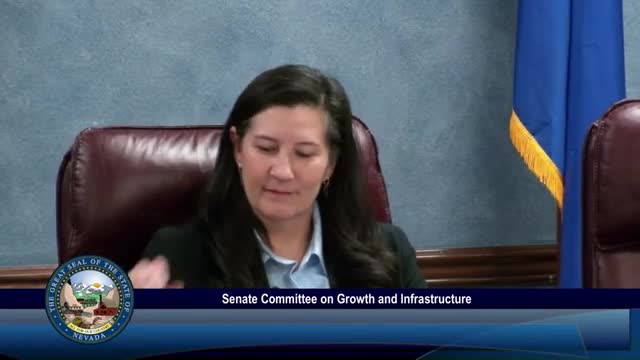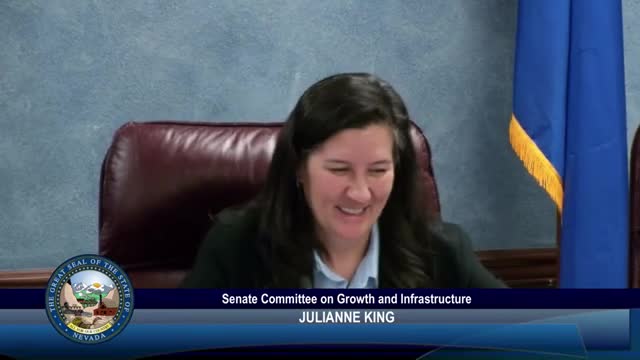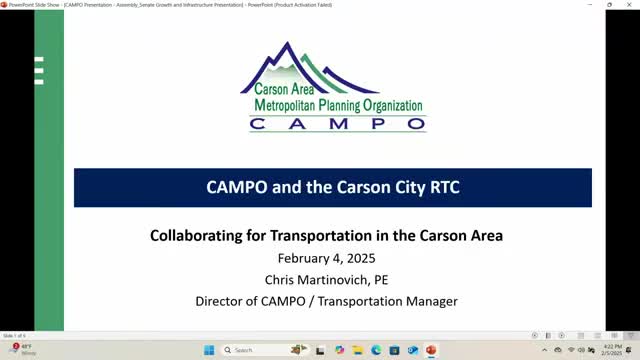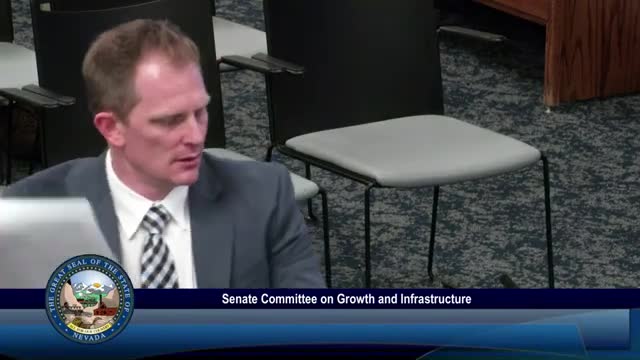Article not found
This article is no longer available. But don't worry—we've gathered other articles that discuss the same topic.

RTC of Southern Nevada warns of looming transit shortfall, backs bill to extend ballot authority and broaden security powers

Tahoe Regional Planning Agency outlines multi-billion-dollar transportation plan; testimony shows mixed local views

Carson Area MPO and Carson City RTC press for diversified funding as local ballot measures failed

